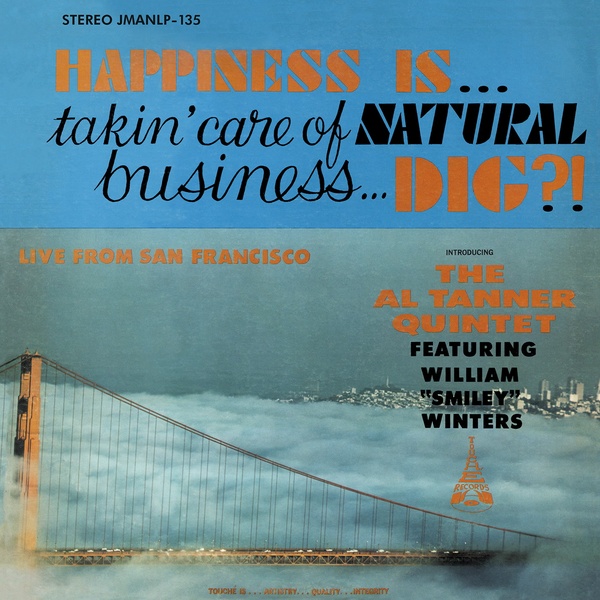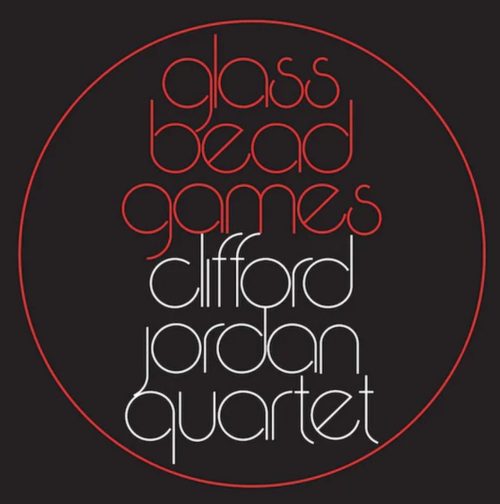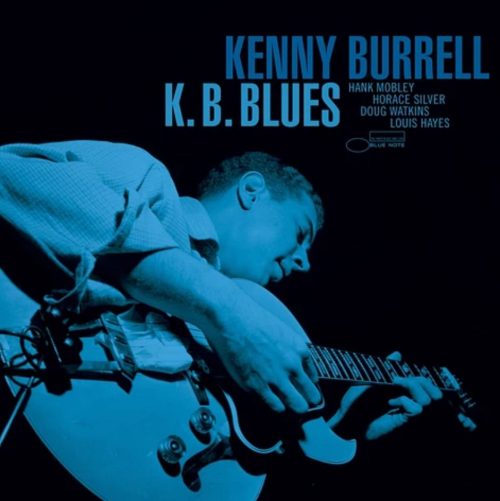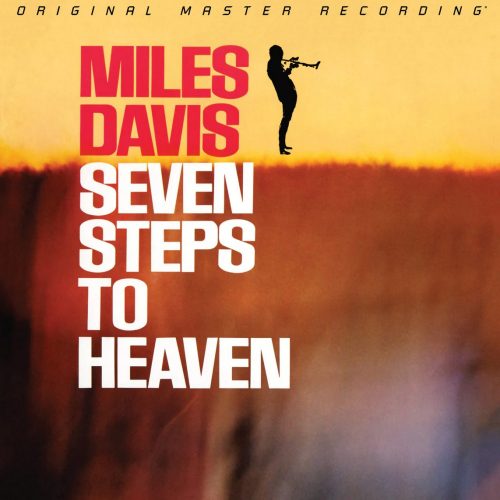Happiness Is… Takin’ Care Of Natural Business… Dig?
Label: Jazzman
Genre: Jazz
$42.99
Availability: In stock
Reissue, originally released in 1967. In a 1990 interview, producer James Bronson described his Touché label as a “floating record label”, comparing it to the “floating gambling houses” that Black people in his city had operated to try and avoid attention from the law. The label itself was a private enterprise, run from home, and had scant budget for promotion nor expansion. His slogan “Record companies don’t make music, musicians do” spoke volumes as to his respect for the artist. Nevertheless, the Al Tanner LP Happiness Is… Takin’ Care of Natural Business… Dig? was the first of just three albums the label was to release over the following 20 years. For an ambitious musician with ideas of fame and fortune, the situation may have appeared far from acceptable, but pianist Al Tanner didn’t have such aspirations. He may have recorded an album for Bronson, but his ambition of living his life as a working musician was fulfilled — he was a professional until the day he died — and that of being a recording star wasn’t a part of it. He was much more inclined to be a gigging jazzman, and was well-known as such in and around the local Bay Area nightspots. He was also heavily involved in musical education, and could be found performing at countless local community events, schools and recreation centers. He rarely travelled outside of the area. With Bronson’s limited resources and Tanner’s reluctance to put himself through the mill of touring, it was perhaps inevitable that the album would garner little attention nationally, or even within the wider California region. As noted in a 1967 review of Happiness Is… published in Downbeat Magazine, “Apparently, he [Tanner] is accorded a considerable amount of respect in San Francisco, though he has no national reputation. This isn’t unusual. Many gifted jazzmen stay on their home base for years, playing well but attracting little attention, while other, sometimes less talented musicians gravitate to New York and make names for themselves.” Nevertheless, reasons notwithstanding for a lack of commercial success, Tanner found happiness in the music that he made throughout his career. “I would say it’s a spiritual thing. I find a lot of love for the piano, and a love for music. And I try and express myself on the piano as I love it. Jazz is a spirit to me, there’s a spiritual side of jazz and there’s a side of jazz where you playing a whole lot of notes and you’re trying to get so many notes in one bar…” Includes extensive liner notes.





